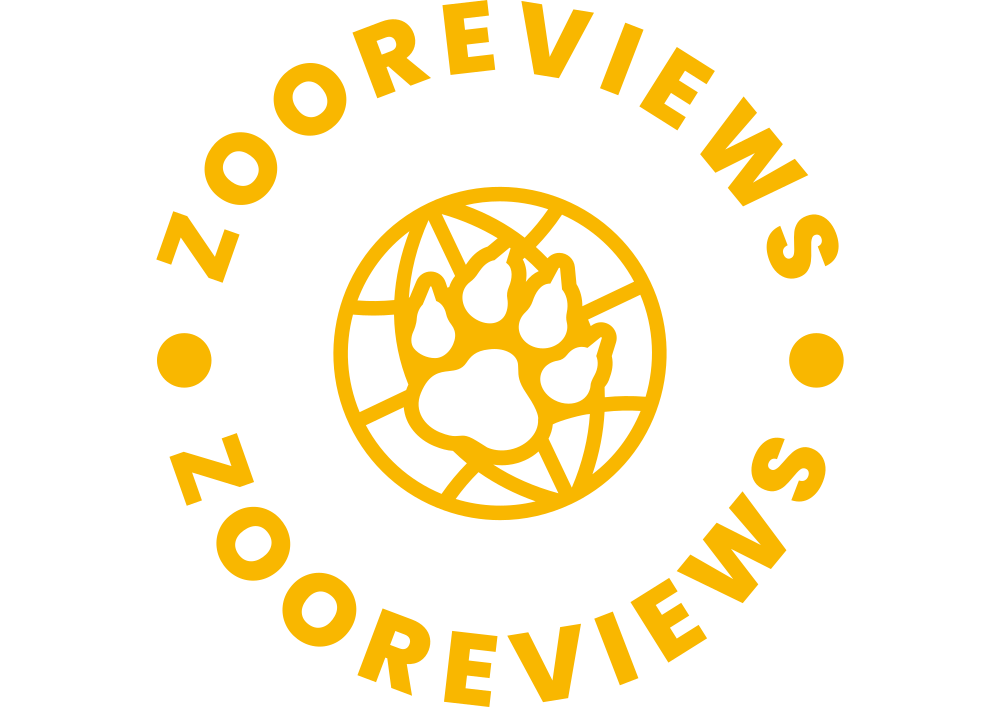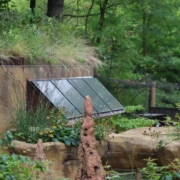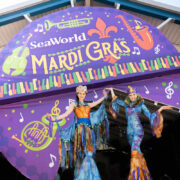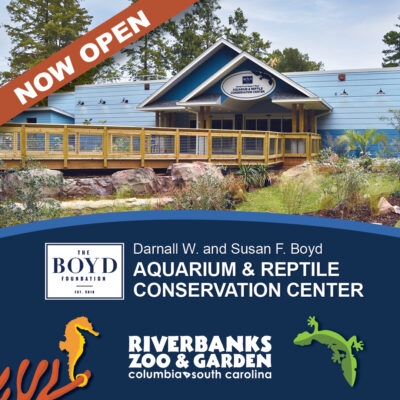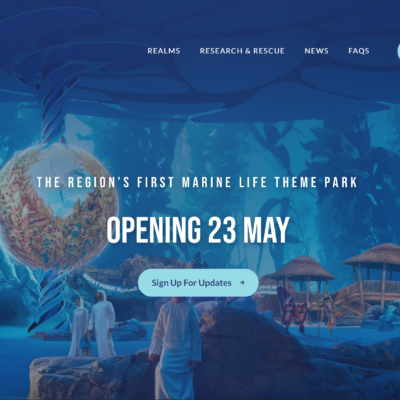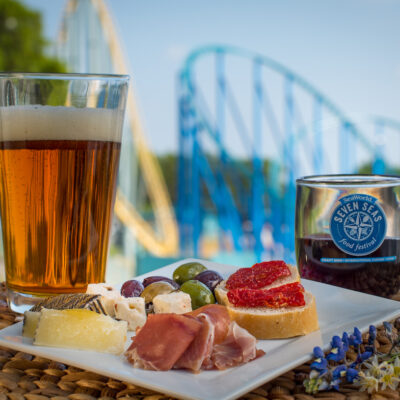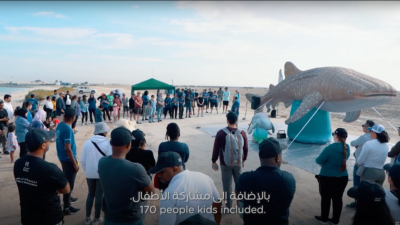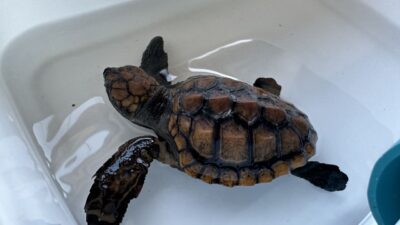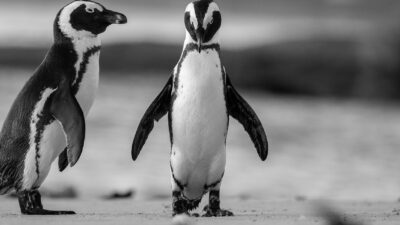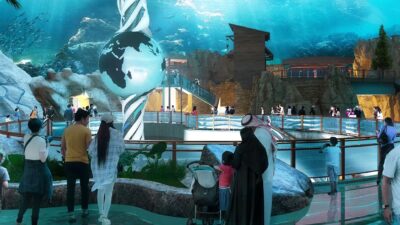The Republic of Congo has expanded its Nouabalé-Ndoki National Park to include the Djéké Triangle, a 95 square kilometer forest that is rich in Critically Endangered western lowland gorillas. The inclusion of the forest was made possible after a two-year process of community consultation, which involved the input of 13 villages and settlements in the area, and resulted in the creation of a community sustainable use zone for the harvest of non-timber products and traditional fishing.
The Djéké Triangle is home to Mondika, a site of global importance for the study of the ecology and behavior of western lowland gorillas. The site provides stable employment for over 40 people, mainly indigenous, and is set to see increased economic opportunities with the upcoming construction of several lodges in the vicinity of the park.
The gazettement of the Djéké Triangle was made possible by the park’s collaboration with Olam Agri, a logging company that operates around the park, and has been involved in a tripartite agreement with the government and WCS to contribute to wildlife protection and reduce the impact of logging.
The Republic of Congo, which is 60 percent covered by forests, now has a dozen protected areas covering 13.36 percent of its territory, including its first marine protected areas covering 12.01 percent of the country’s Exclusive Economic Zone. WCS has played a significant role in the conservation of wildlife and wild places in the Republic of Congo for over 30 years, and continues to work closely with the government and local communities to protect the country’s rich ecosystems.
